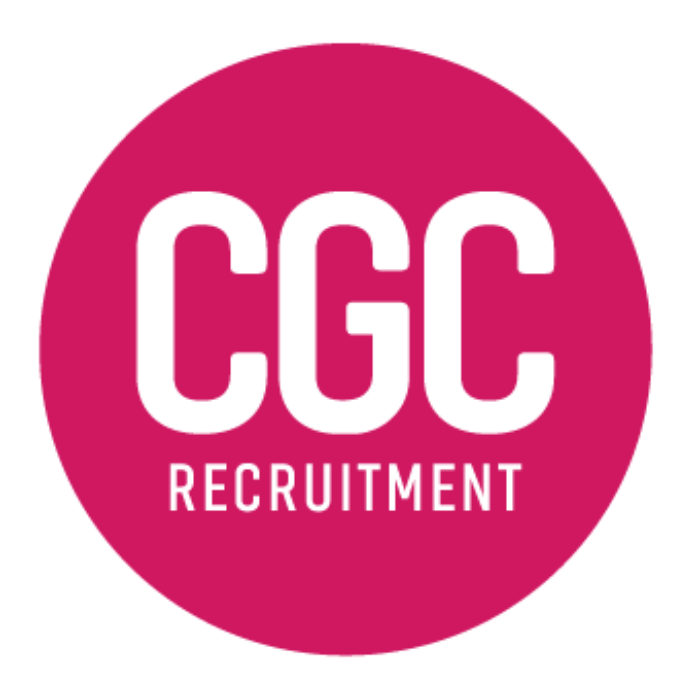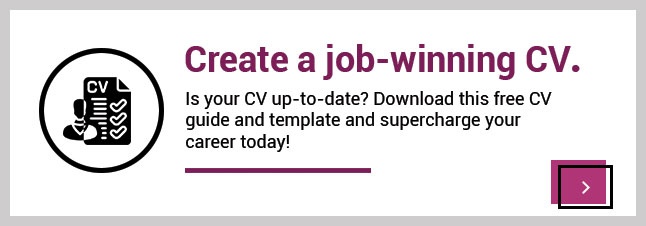A cover letter, or introduction email, is typically the first thing a hiring manager will see when they read your job application, so it must stand out from the rest.
That’s easier said than done and they can be difficult to write in any industry, whether it be construction, infrastructure, engineering, architecture, project management consulting or development.
Here are a few helpful tips to make the task of writing an impressive cover letter less daunting.

Top tips to create an impactful covering letter or email
Keep these things in mind and you’ll have a winning cover letter in no time.
1. First, read the job ad carefully.
Ensure you address the position requirements and provide examples from your work experience. Make the reader's job easier by looking like you can do the job and give them a reason to want to look at your CV.
2. Next, think about what sets you apart from other applicants.
What skills, knowledge and experience do you have that could make you an asset to the organisation? For example, if you were promoted in your last role, mention this so it catches the eye of the hiring manager.
3. Remember to write in a clear, concise, but professional way.
We sometimes want to look clever but it can come across as cold, fussy or even wordy, which can be distracting. Also bear in mind that the recruiter may have to go through hundreds of applications, so they’ll appreciate something succinct.
4. Writing a short but impactful letter is quite difficult.
So take the time to refine it. As Mark Twain famously said, “I didn't have time to write a short letter, so I wrote a long one instead.”
5. Try to avoid generalisations such as “I have good teamwork skills.”
Instead, provide specific examples from your experience where you’ve worked successfully in a team.
6. If you don’t have the exact requirements for the position, think about your transferable skills.
For example, if you don’t have a specific required project management qualification, you may have similar qualifications and lot of relevant experience.
7. It’s a good idea to demonstrate you’ve researched the organisation.
Include a few lines about why you want to join their team. And if someone has referred you to the business, mention them, without overtly namedropping.
8. You can also demonstrate industry knowledge.
If you know something is happening, or changing, or businesses need something new, talk about how you’ve addressed that in other businesses. This could be a hot topic for them.
9. Check your letter for spelling and grammatical errors.
In a competitive job search, these small things make a difference. Ask someone to read your letter and provide feedback. And don’t be too proud to use spellcheck or programs like Grammarly.
10. Be consistent across your email, letter and CV.
Use the same language, tone and industry terminology.
Downloadable writing and recruitment resources
At CGC we’re pulling together recruitment resources to help people find their next role. If you’d like to download either our letter or CV template, hit the button below.
Looking for new job opportunities?
CGC Recruitment is a specialist consultancy with offices in Sydney and Brisbane, and we specialise in helping clients find and hire the best candidates across the construction, infrastructure, engineering, and architecture sectors, at all levels.
For a confidential career discussion, and talk with one of our experienced consultants.
Images: This article may contain public copyrighted material the use of which has not always been specifically authorised by the copyright owner. We are making such material available to advance understanding of this specific topic, which we believe constitutes a ‘fair use’ of any such copyrighted material. If you wish to use copyrighted material from this site for purposes of your own that go beyond ‘fair use’, you must obtain permission from the copyright owner.











